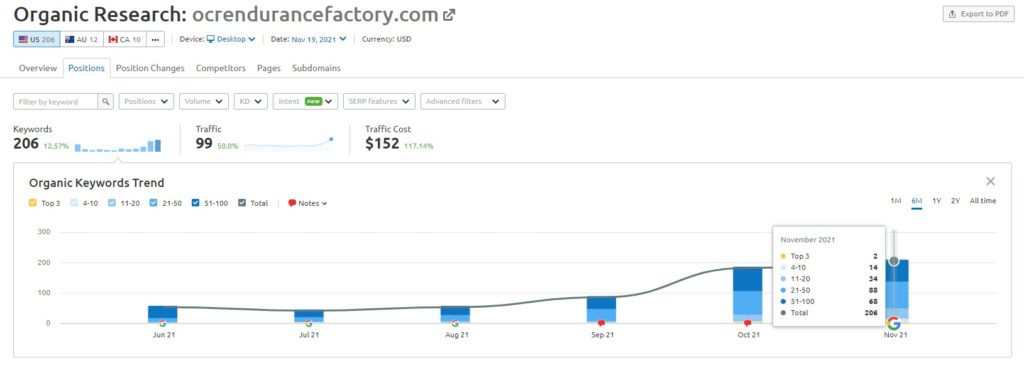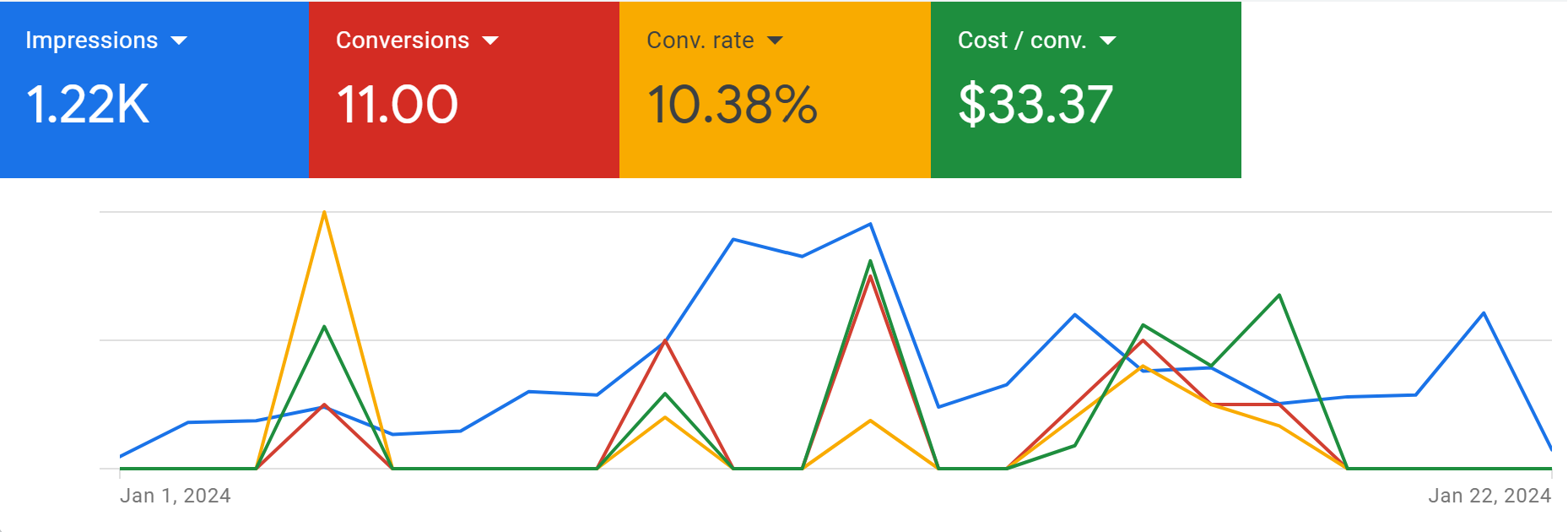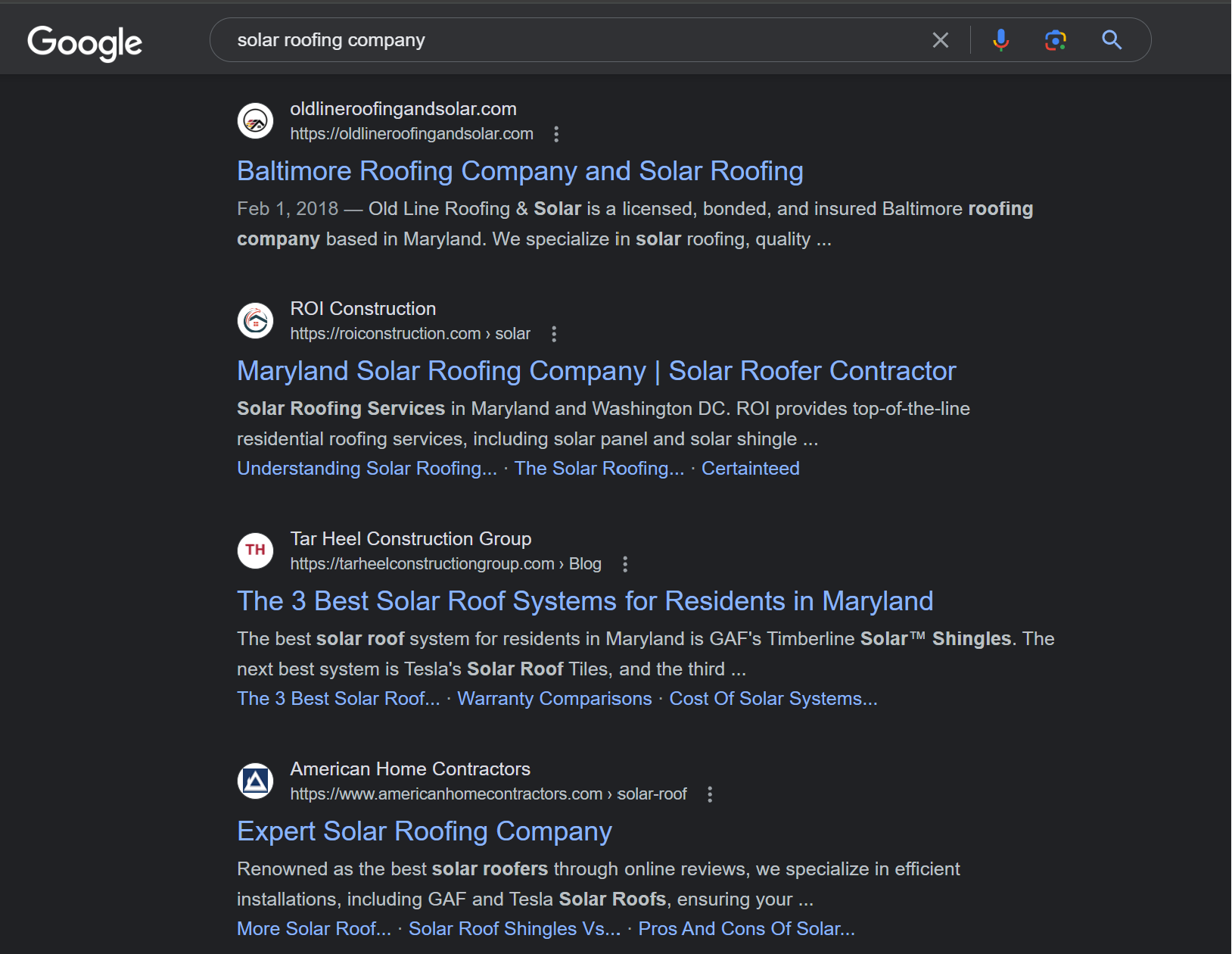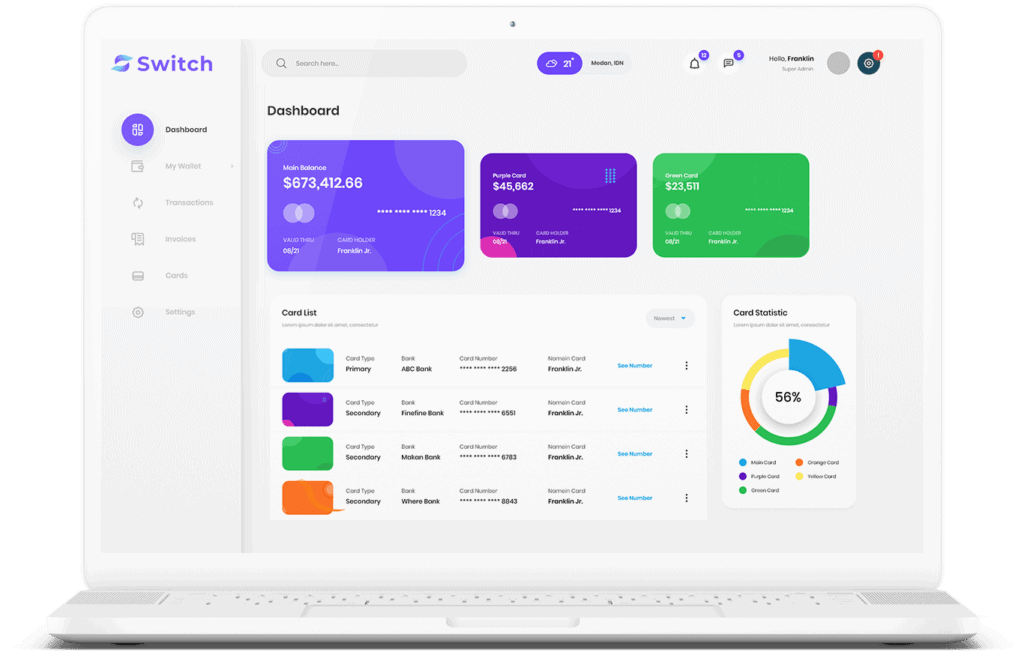Local SEO keyword research is undeniably significant for businesses seeking a competitive edge. It involves scrutinizing search terms utilized by potential customers, thereby optimizing a company’s online presence, boosting its local search visibility, and driving targeted website traffic.
Ranking high in local search results often translates into improved customer acquisition and sales. This article delves into the essential principles, tools, and strategies for effective local SEO keyword research, offering a comprehensive guide for businesses aiming for online mastery.
Key Takeaways
- Local SEO drives geographically-relevant traffic to websites
- Understanding the searcher’s intent is crucial in keyword research
- Tools like Google’s Keyword Planner and SEMrush enhance local keyword research
- Pinpointing high-value local keywords requires a combination of research tools and competitor analysis
Understanding the Importance of Local SEO
Local SEO is a strategy that businesses use to drive geographically-relevant traffic to their websites by appearing in local search results. This approach is vital for businesses with brick-and-mortar locations or those offering services in specific localities.
In the digital age, local SEO is not just an option; it’s an absolute necessity. A comprehensive study by Google revealed that 46% of searches have a ‘local intent’. This statistic underscores the significance of Local SEO in tapping into this massive pool of potential clientele.
Furthermore, Local SEO allows businesses to target customers in a precise geographical area, thereby increasing the chances of conversions. It’s a targeted online marketing approach that enables businesses to compete effectively against larger corporations with significant online presence.
Beyond driving traffic, Local SEO enhances user experience by providing potential customers with relevant information. Features such as Google’s Local Pack and Knowledge Graph ensure that users get comprehensive information about a business, including its location, operating hours, and reviews. This easy access to vital information not only encourages user engagement but also fosters customer trust – a critical factor in boosting conversion rates.
Core Principles of Keyword Research
The core principles of keyword research are grounded in understanding the searcher’s intent, industry relevance, location-specific targeting, and competitiveness.
- Understanding Searcher’s Intent: This involves predicting what your audience may be searching for. It encompasses the needs, desires, and goals that drive online searches.
- Industry Relevance: Keywords must be relevant to your industry and the services or products you offer. This ensures that the traffic driven to your site is genuinely interested in your offerings.
- Location-specific Targeting: Local SEO requires a geographical component. Keywords should include specific towns, cities, or regions where your potential customers are located.
- Competitiveness: The popularity and competitiveness of keywords are crucial. High-volume keywords can drive traffic, but they are often saturated. Balancing competitiveness and search volume is key to optimizing keyword strategy.
Mastering these core principles will provide a solid foundation for effective Local SEO Keyword Research. The result is a more targeted strategy, superior visibility, and ultimately, a better return on investment.
Tools for Effective Local Keyword Research
A business’s strategic approach to local SEO can be significantly enhanced by using effective keyword research tools. These tools offer a comprehensive solution for identifying, analyzing, and selecting high-performance keywords specific to the geographical location of interest.
Google’s Keyword Planner is a free tool that provides valuable insights into local keyword search volumes, competition levels, and average cost per click.

Another powerful tool is SEMrush, which offers a wide range of SEO tools, including a local keyword research tool. It provides a detailed analysis of competitive positioning and keyword effectiveness.
Ahrefs, though a paid tool, provides an in-depth analysis of backlinks, organic search rankings, and keyword opportunities. It also has a keyword explorer tool that provides keyword suggestions, search volume, and keyword difficulty.
Moz Local focuses explicitly on local SEO, providing a broad range of features, including keyword ranking tracking, on-page SEO optimization, and business listing accuracy.
Each of these tools offers unique features that can significantly enhance a business’s local SEO strategy. By leveraging these tools, businesses can gain a competitive edge in their local markets, improve their online visibility, and ultimately drive more targeted traffic to their websites.
How to Identify Your Target Audience
Identifying your target audience entails understanding who they are, their needs, and how your product or service fits into their lives.
Here are four steps to follow:
- Conduct Market Research: Understand the demographic and psychographic details of your potential customers. Analyze age, gender, location, income, education level, and occupation. Look into their lifestyle, interests, attitudes, and values.
- Analyze Existing Customers: Evaluate your current customer base. Identify common characteristics and trends among them. This information can help determine who else might be interested in your product or service.
- Competitor Analysis: Identify who your competitors are targeting. Analyzing their strategies can provide insights into potential market segments you may have overlooked.
- Create Customer Personas: Based on the data gathered, develop detailed profiles of your ideal customers. These personas can help tailor your SEO, content, and marketing strategies.
Pinpointing High-Value Local Keywords
This process demands a keen understanding of your audience’s vernacular, their common queries, and the specific language they use when searching for your products or services.
High-value local keywords are those that are most likely to convert to sales or leads. These keywords typically have a high search volume, low competition, and strong relevance to your business. They should be specific enough to target your local market, yet broad enough to attract a variety of searchers.
For instance, a restaurant in New York might find value in keywords such as ‘best Italian restaurant in New York’ or ‘pizza delivery Manhattan’. These keywords are highly localized and directly relevant to the business, thereby increasing the likelihood of attracting potential customers.
Pinpointing these high-value keywords requires a combination of keyword research tools, competitor analysis, and an in-depth understanding of your audience’s search behaviors. By integrating these high-value keywords into your website’s content, meta tags, and URL structure, you can significantly enhance your visibility in local search results, thereby driving more targeted traffic to your site.
Analyzing Competitor’s Local Keywords
Conducting a comprehensive analysis of your competitors’ local keywords provides invaluable insight into their strategies, giving you a significant advantage in crafting your own robust local SEO approach. This scrutiny enables you to understand better what keywords your competitors are targeting and the potential gaps in their strategies that you can exploit.
- Keyword Identification: Identify the local keywords your competitors are targeting. Use tools like SEMRush or Ahrefs to analyze their content and backlinks.
- Keyword Performance: Evaluate how effectively these keywords perform for your competitors. This involves assessing their ranking on search engine results pages (SERPs) for these keywords.
- Keyword Gap Analysis: Determine the local keywords your competitors might be overlooking. These could present golden opportunities for your business to rank well without much competition.
- Strategic Implementation: Apply your findings to your own local SEO strategy. This might involve targeting the same high-performing keywords, avoiding underperforming ones, or capitalizing on overlooked keywords.
The Role of Long-Tail Keywords in Local SEO
Long-tail keywords play a crucial role in local SEO by refining search terms to the website’s advantage, enhancing the competition analysis and comprehensive keyword strategy.
Long-tail keywords, which are typically three to four-word phrases, are highly specific and less competitive in nature. Such keywords offer a higher potential for ranking even in saturated markets and bring in quality traffic that is closer to point-of-purchase.
Long-tail keywords have two main advantages: improved ranking potential and higher conversion rates. The table below provides a further breakdown:
| Advantage | Description |
|---|---|
| Improved Ranking Potential | Less competitive, ranks higher in SERPs |
| Higher Conversion Rates | Drives motivated traffic, increases likelihood of conversions |
Optimizing Your Website for Local Keywords
In light of the significant role long-tail keywords play in local SEO, it’s crucial to effectively optimize your website for these local keywords to maximize visibility and improve conversion rates. The task involves a comprehensive understanding of your target audience, their needs, and how they search for your products or services.
- Geotargeting: Incorporate your location, such as city or state, into your keywords. This technique not only enhances local visibility but also helps distinguish you from competitors in other regions.
- Content Optimization: Strategically place your local keywords in title tags, meta descriptions, headers, and website content. Ensure the usage is natural and enhances the user experience.
- Google My Business: Optimize your Google My Business page with local keywords. This is an effective way to increase local visibility in Google search and maps.
- Local Reviews: Encourage customers to leave reviews. Positive reviews with local keywords can improve your search rankings.
Optimizing your website for local keywords requires in-depth analysis and continuous monitoring. However, with the right approach, it can significantly increase your website’s local visibility, drive targeted traffic, and improve conversion rates.
Local Keyword Tracking and Analysis
Regularly tracking and analyzing your local keywords is a critical component of a robust local SEO strategy. This process ensures you are targeting the right audience and maintaining a competitive edge in the local search landscape.
Keyword tracking involves monitoring the rankings of your chosen keywords over time. This can provide insights into the effectiveness of your SEO efforts, and reveal areas for improvement. For instance, if a particular keyword’s ranking drops, it may indicate the need for more focused content around that topic.
Analyzing your keywords, on the other hand, goes beyond simply tracking their performance. It involves assessing the relevance of your keywords to your target audience and their search intent. It also entails understanding the competitive landscape of these keywords – who is ranking for them, and why.
Both tracking and analysis should be ongoing processes, constantly evolving with changes in your business environment and search engine algorithms. Utilizing tools like Google Analytics and SEMRush can automate much of this work, allowing for more strategic decision-making.
Adapting SEO Strategies for Local Searches
How can we adapt our SEO strategies to better target local searches, considering our understanding of local keyword tracking and analysis? This question is at the heart of effective local SEO.
- Optimize for Local Keywords: After conducting local keyword research, it’s important to integrate those keywords into your content, meta tags, URLs, and even your social media posts.
- Localize Your Content: Your content should not only be keyword-optimized but also relevant to the local audience. This includes referencing local landmarks, news, or events, and providing valuable information about the local area.
- Improve Local Citations: Citations are mentions of your business name, address, and phone number on other websites. Ensuring these mentions are correct and consistent across all platforms improves local search rankings.
- Encourage Reviews: Positive reviews can influence your local search ranking. Encourage satisfied customers to leave reviews on popular platforms.
Adapting SEO strategies for local searches requires a comprehensive understanding of local keyword research, a consistent approach to local citations, and a proactive attitude toward online reviews. By implementing these strategies, businesses can improve their visibility in local search results, attracting a more targeted audience and potentially increasing conversion rates.
Future Trends in Local SEO Keyword Research
In the realm of Local SEO Keyword Research, future trends indicate a shift towards the increased importance of voice search optimization. This trend is driven by the widespread adoption of smart speakers and voice-activated digital assistants.
- Adapting to Natural Language Processing (NLP): As voice search becomes more prevalent, it’s imperative to optimize for long-tail keywords and conversational phrases that users typically use in spoken queries.
- Mobile-First Indexing: Google’s shift towards mobile-first indexing means that websites must be optimized for mobile devices, where a large percentage of voice searches occur.
- Local Intent: Voice search queries often have local intent. Hence, businesses need to optimize for ‘near me’ searches and include local landmarks or points of interest in their keywords.
- Semantic Search: Google’s algorithms are becoming better at understanding the context and intent of search queries. Thus, focusing on providing comprehensive, relevant content will be more beneficial than simply targeting specific keywords.
These trends represent the evolution of SEO strategies, emphasizing the need to understand users’ natural language and intent. Rather than focusing solely on traditional keyword optimization, future-proof strategies should consider these emerging dimensions.
Frequently Asked Questions
What Is the Correlation Between Local SEO Keyword Research and an Increase in Business Revenue?
Keyword research, in a general context, is vital for business revenue growth as it enables better targeting of potential customers, improves website visibility, and optimizes marketing strategies, leading to elevated conversion rates and sales.
How Does the Geographical Location of a Business Impact the Selection of Local SEO Keywords?
The geographical location of a business significantly influences keyword selection, as it’s pivotal to target words and phrases specific to that region to attract local consumers and enhance search engine visibility.
How Can Local SEO Keyword Research Influence the Design and Content of a Business Website?
“Local SEO keyword research shapes a business website’s design and content by identifying key terms that resonate with a local audience, enhancing website relevance, improving user experience, and ultimately, boosting search engine visibility.”
What Is the Role of Social Media Platforms in Local SEO Keyword Research?
Social media platforms play a significant role in understanding audience behaviors, interests, and trends. They help identify relevant keywords for target audiences, shaping effective SEO strategies to enhance digital visibility and customer engagement.
How Does the Use of Local SEO Keywords Affect the Visibility of a Business in Online Search Results?
The strategic application of specific keywords directly influences a business’s online visibility. It optimizes search engine algorithms, amplifying the likelihood of appearing in relevant search results, thereby enhancing exposure to prospective customers.
Conclusion
In conclusion, local SEO keyword research plays a critical role in enhancing a business’s online visibility and competitiveness. By identifying and analyzing high-value local search terms, businesses can optimize their online presence and generate targeted web traffic.
Moreover, effective local keyword strategies, coupled with an understanding of future trends in local SEO, can provide invaluable insights into target audience behavior, thereby driving customer attraction and sales. Therefore, it’s an indispensable part of an effective local SEO strategy.










